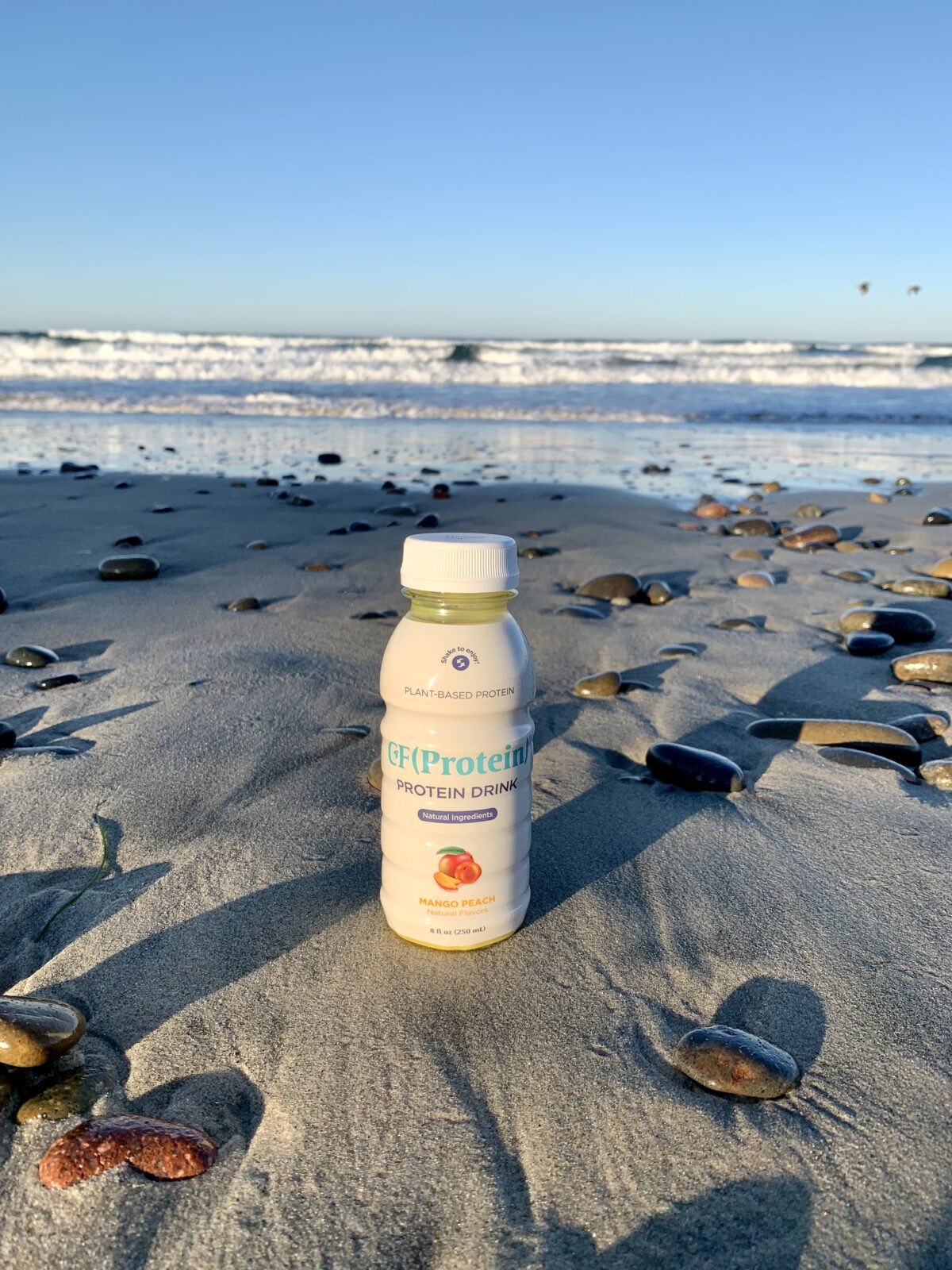Are you tired of steak, chicken, and fish but afraid that plant-based sources of protein won’t cut it? Well, we have some good news for you. Plant-based sources of protein may already be in your diet without you even realizing it. Today, we will break down some surprising sources of protein that you may already be eating in your diet. Going plant-based, or even just adding a few meatless days to your week doesn’t mean you have to eat less protein. Read along to find out some surprising sources of protein.
#1 Whole Grains
It is pretty common knowledge that whole grains are recommended over simple carbohydrates like white rice, white pasta, and white bread- you get the idea. But there is a reason (more than just the color) that whole grains are the better options.
Whole grains contain higher amounts of protein than simple carbohydrates. Most of the time, a slice of whole-grain bread will contain about 5 grams of protein, whereas, a piece of white bread has just 2 or 3 grams. Don’t believe us? Next time you’re at the supermarket, pick up whole grain bread and white bread and compare the nutrition facts label. You will notice that while white bread has < 3 grams of protein, whole grain bread will have 4-7 grams of protein. The same goes for things like pasta and rice. Having more protein will help you feel fuller for longer and help blood glucose stabilize.
#2 Black Beans and Brown Rice
A dynamic protein duo is brown rice and black beans. On their own, both provide a great source of fiber and protein but together they make a complete protein with all nine essential amino acids. In one ½ cup serving of black beans, there are 7 grams of protein. And in 1 cup of brown rice, there are about 5 grams of protein. If you pair the two together, you make a complete protein and about 12 grams of protein. Looks like you have your next burrito bowl base!
#3 Vegetables
Have you ever heard the riddle – what has more protein – a pound of broccoli or a pound of beef? Well, you may be surprised to know that the answer is broccoli. In one cup of broccoli, you will find about 3 grams of protein (But think about how much broccoli makes up one whole pound).
Broccoli isn’t the only veggie that serves as a good protein source. Another vegetable that is high in protein is peas. In just ½ a cup, there are 4 grams of protein. Spinach has 1 gram of protein per 1 cup. That may not seem like a lot but if you ever have cooked spinach, you know that it shrinks quite a bit when cooked. So you can add multiple cups of spinach for multiple grams of protein. One cup of kale contains 2 grams of protein and one cup of mushrooms contains 3 grams of protein. Another powerhouse vegetable is Brussel sprouts, in a 100-gram serving, there are 3.4 grams of protein. A single artichoke has 4 grams of protein and a 100 gram serving of asparagus has 2.2 g of protein. Edamame does more than just pair well with sushi – it provides a whopping 17 g of protein per 1 cup serving. So, as you can see, vegetables can really help beef up your daily protein intake. Add these high-protein veggies to some black beans and brown rice and you may never need to eat chicken again.
#4 Nutritional Yeast
Nutritional yeast is a common cheese substitute for people following a dairy-free diet. You can add it to sauces, pasta, popcorn, vegetables, and more. It is a unique vegan-friendly food with a cheesy flavor. Not only is it tasty, but it also has a very powerful nutrition profile and is a great source of vitamins, especially B vitamins. Additionally, it serves as a great source of protein. At just 60 calories per serving, ¼ cup of nutritional yeast provides 8 grams of protein, 3 grams of fiber and just 25 mg of sodium. So next time you are looking to add some flavor, and protein to your meal- check out nutritional yeast.
#5 Chia Seeds
Chia seeds are well known as a source of omega-3. Omega-3 is the good type of fat that we need to consume daily to help our hearts stay healthy. But what some people don’t realize is chia seeds also are a good source of protein. In one ounce of chia seeds, there are about 5 grams of protein. Chia seeds are 19% protein and have all nine essential amino acids making them a high-quality plant-based protein. They are a great addition to yogurt, oatmeal, pudding, and more. Want to hear even better news? CF(Protein)® contains chia seed oil in its formulation and provides 13 grams of plant-based protein. Check out our website to buy yours today as a great addition to your everyday diet.
So, as you can see- meat is not essential to meet your protein needs. There are several plant-based sources of protein that are easy to add to your diet. If you are trying to explore a more plant-based lifestyle, use this as a tool to add some high-quality foods to your diet.

